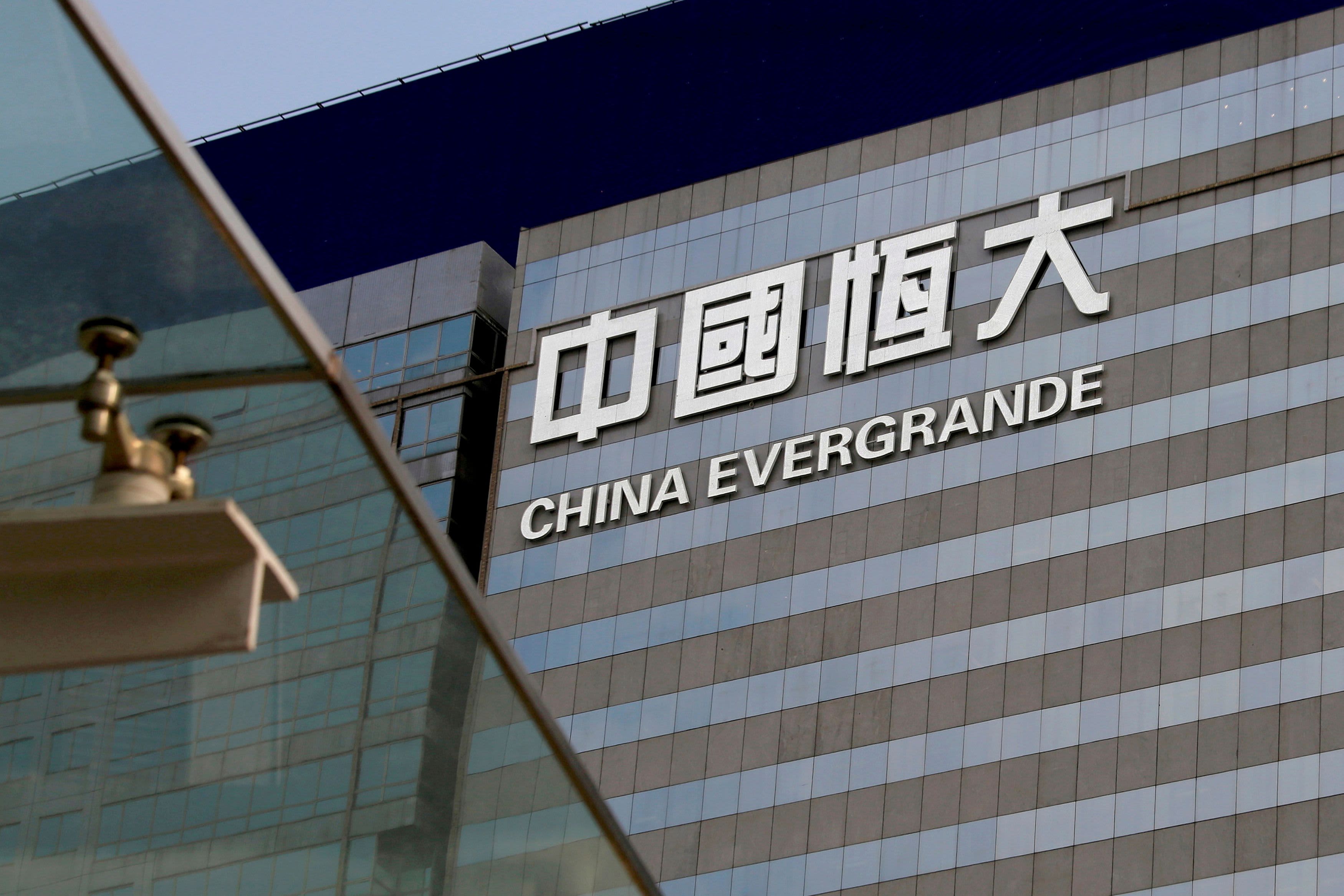Indian metal companies are unlikely to be seriously affected by the crisis unfolding at Chinese property developer Evergrande, according to financial services firm Motilal Oswal.
China plays an important role in determining global commodity prices, including that of metals. The country’s real estate sector is a major consumer of steel, so lower demand from the sector could send steel prices stumbling.
Shares of Indian steelmakers such as Tata Steel, Steel Authority of India (SAIL), Jindal Steel and Power and JSW have been on a downward trend in recent sessions as Evergrande warned again it could default. The stocks tumbled sharply last Monday before recuperating some of the declines — but on Friday, those shares fell more than 2%.
The Nifty metal index dropped 3.27% last week.
Recent sell-off in those stocks were more related to a cooling off in certain metal prices, Hemang Jani, head of equity strategy for broking and distribution at Motilal Oswal, told CNBC’s “Street Signs Asia” on Wednesday.
Iron ore prices have collapsed some 54% since May, analysts said. Iron ore is used in steelmaking and demand for steel — especially from China — will likely affect prices. Spot prices for other metals like copper, lead, and zinc were also down for the month as of Wednesday on the London Metal Exchange, according to a report by the Commonwealth Bank of Australia.
“Demand outlook overall remains quite steady and we think that the pricing is something that we will have to watch out, given the Evergrande developments and how serious or how much deeper corrections we can see,” Jani said.
“We continue to be quite positive, we do not view this development as something which will have serious implications for the metal companies in India,” he said.
Jani said the falling prices of Indian steel stocks is “a buying opportunity” into names like SAIL, Jindal Steel and Power, as well as non-ferrous metals firms like Hindalco.
Evergrande is on the brink of collapse. The indebted Chinese property developer has been scrambling to pay its suppliers, and warned investors it could default on its debts.
China in focus
China’s property sector had historically made up a large portion of the country’s commodity demand, according to the Commonwealth Bank of Australia report, which estimated that property construction accounted for about 25% to 30% of China’s steel demand.
“For now, market attention is firmly tuned to the potential fallout in China’s property sector if China Evergrande defaults on its loans due to a slowdown in property sales,” Vivek Dhar, mining and energy commodities analyst at the bank, wrote in the report last week.
But, policymakers in Beijing are also looking to cap the country’s steel output for this year at 2020 levels to reduce emissions, he said. That policy has caused a decline in China’s crude steel output for July and August, and that reduced supply led to a rise in global steel prices, Dhar added.
While China plays an important role when it comes to steel pricing, the sector’s growth is being driven by a revival across developed markets and India, according to Motilal Oswal’s Jani. “These corrections may not last,” he said, referring to the Indian steel stocks.
Impact on Indian metal players
Because of the measures China undertook even before the Evergrande issue, the overall pricing environment was “quite good,” Jani said.
“So, let’s wait how exactly this issue pans out, what additional steps the Chinese authorities take, and what sort of pricing impact it could have on the metal stocks,” he added.
India’s metal players potentially have a number of factors working in their favor.
They include a steady recovery in India’s domestic economy in recent months, fueled by the government policies toward public infrastructure projects. And with Covid-19 lockdowns being gradually eased, manufacturing and construction activities are also picking up.
State spending on infrastructure would bode well for steel and iron ore producers in India, according to Jani.
